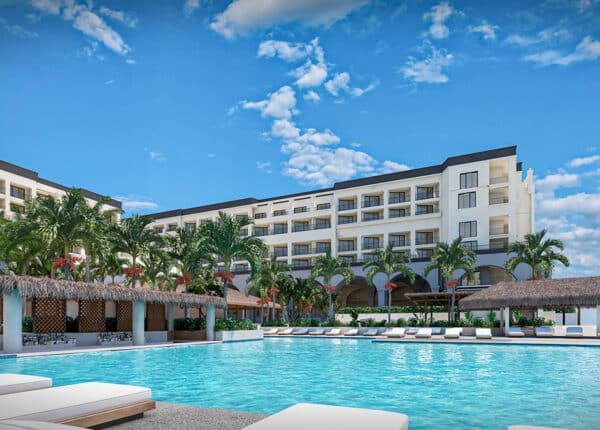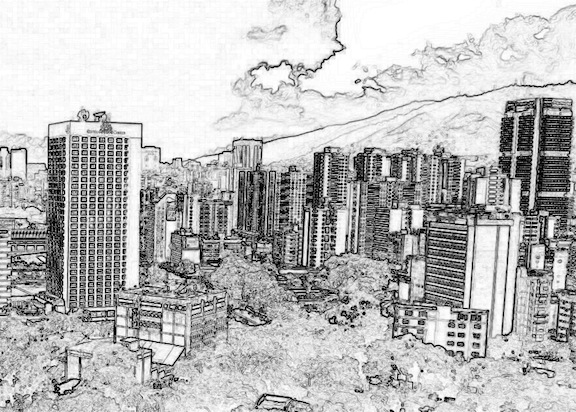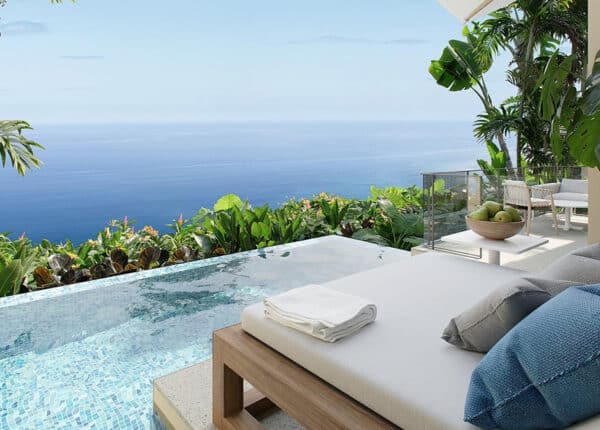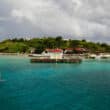By Michael W Edghill
CJ Contributor
THE BOOK that is to be written on post-Hugo Chavez Venezuela opened a new and dynamic chapter on Tuesday as thousands marched in the streets of Caracas, prompting opposition leader Leopoldo Lopez to turn himself into Venezuelan state authorities.
Lopez, leader of the opposition party Popular Will, announced that he would submit himself to detention by the state if the anti-government protests that began last week continued.
The response was clear as tens of thousands blocked thoroughfares and marched in the streets of Caracas.
Lopez is being accused by the Maduro administration of nothing less than attempting to stage a coup against the government. He was scheduled to appear in court on Wednesday.
The demonstrations began during the previous week as student protests, which were quickly joined by anti-government protesters.
The frustrations seem to stem from the continual downward slide of the Venezuelan economy resulting in increasing food shortages, currency adjustments, and lack of credit availability for businesses, among other issues.
These economic problems, combined with the heavy-handed rule of Nicolas Maduro, who lacks the popularity of his predecessor Hugo Chavez, have brought this inevitable clash with a political opposition that lost the last presidential election by a very slim margin, with numerous accusations of voter fraud, corruption, and manipulation.
Many variables exist that can influence how the current civil unrest in Venezuela reaches a conclusion.
Can enough pressure be brought to bear as to influence President Maduro to step down? Highly unlikely. Will the government order the use of force to suppress the demonstrations? Quite possible.
Will the more moderate opposition leader and presidential candidate who lost the aforementioned election, Henrique Capriles, step forward to mediate this conflict before chaos ensues? Perhaps the wild card.
Certainly, for Venezuela’s neighbors and those who rely on Venezuelan oil exports, there is vested interest in what is happening and what the near future holds.
As far as oil exports are concerned, those who are beneficiaries of PetroCaribe need not be concerned in the short term.
No matter what happens, PetroCaribe will eventually cease to exist in its current form over the long run simply due to the financial crisis that Venezuela must deal with at some point.
However, the current government has pledged its continuing support for this programme and, more importantly, state run oil giant PDVSA has pledged its support for the current government.
This is quite different from the dynamics of 2002, when a failed coup against President Hugo Chavez was followed by a subsequent oil strike that dramatically disrupted oil production and exports.
Since that time, Chavez and now Maduro have seen to it that PDVSA is run by individuals who will remain loyal to the government. In the unlikely event that President Maduro steps aside, any structural changes to PetroCaribe would be have to be negotiated and they would likely be gradual.
The reaction of Venezuela’s South American and Caribbean neighbors will be worth watching as this civil unrest comes on the heels of the 2nd Meeting of CELAC in Havana.
At this recent meeting, CELAC member-states adopted a “zone of peace” accord which commits the signatories to the principle of non-intervention in the internal affairs of other member-states.
How will “non-intervention” be interpreted by CELAC member-states should this unrest continue?
Does it prohibit CELAC members from speaking out and calling for the government to respect the rights of the protestors to voice their frustrations?
Does it prohibit member-states from condemning any act of aggression by the state against its citizens?
Being a non-CELAC member, the United States has already called for the Venezuelan government to respect the rights of Venezuelan citizens to protest.
Representative Ileana Ros-Lehtinen of the US House Foreign Affairs Committee has called for a 10 percent reduction in Venezuelan oil imports by the United States and a convening of the Permanent Council of the OAS.
Should such a meeting be called, it will be very interesting to watch how member-states of both the OAS and CELAC respond.
Would member-states support the OAS interest in protecting human rights and free expression or support the CELAC principle of non-intervention. When Hugo Chavez helped form CELAC, he expressed the wish that it would eventually replace the OAS, thereby muting the voice of the United States in regional affairs.
It is quite possible that Caribbean states hold the key to the regional response. When the Dominican Republic announced its recent decision to deny citizenship to people of Haitian decent, CARICOM condemned what was perceived as a human rights violation and used its influence over a state who has expressed interest in joining CARICOM to defend the interests of a current CARICOM member-state.
In the very grey world of international diplomacy, is that kind of action defined as intervention or non-intervention?
As it concerns the possible violations of human rights and democratic principles that Caribbean states respect, will these same voices step forward now within the regional community of nations and denounce the use of force against non-violent protestors?
Will they condemn attempts by the Venezuelan government to shut down press coverage and limit the sharing of information via social media?
Or will the principle of non-intervention as adopted at the recent CELAC meeting win the day and resign Caribbean Heads-of-Government to be mere spectators of the civil unrest taking place within the borders of an influential neighbour?
Michael W Edghill, a Caribbean Journal contributor, teaches courses in US Government & in Latin America & the Caribbean. His work has also appeared in the Yale Journal of International Affairs and Americas Quarterly.







